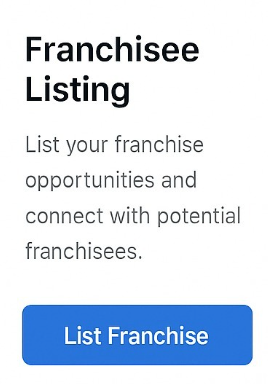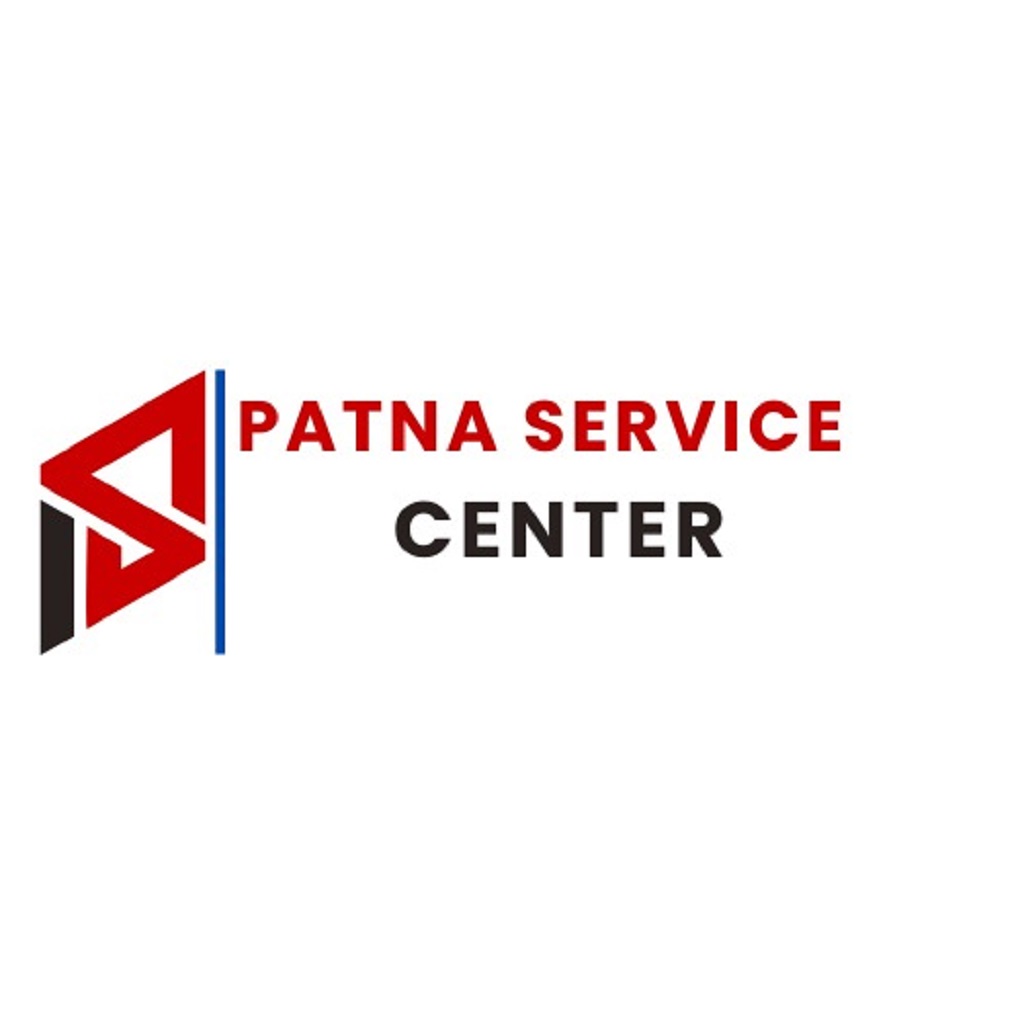how project based staffing services benefit agile teams
Description
Project-Based Staffing Services: A Smart Move for Agile Teams

Source: Freepik
The modern business environment is anything but static. Market shifts happen overnight. A new client demand or an emerging technology can redraw your project priorities in a single meeting. Agile teams are designed for this reality. They can pivot fast, reset priorities, and keep moving.
While processes and tools have evolved to match this pace, one area seems to lag behind: staffing.
Traditional hiring models work well for stable, ongoing needs. They provide consistency and help preserve long-term cultural alignment. Yet, when a project has a fixed scope, a compressed delivery timeline, and highly specific skill requirements, these models start to splinter.
Permanent hires take time to secure. General contract hiring can lack the depth of specialization you need. And both can slow down delivery when speed is non‑negotiable.
That’s where project-based staffing services change the equation. They bridge the gap between the urgency of agile delivery and the precision of skill‑matching. Instead of stretching existing teams thin or settling for “close enough” talent, you can bring in exactly the right expertise, deploy it immediately, and scale it back when the work is done.
The outcome? Projects finish faster. Budgets stay under control. Skills and deliverables stay perfectly aligned. And your workforce strategy keeps pace with shifting business priorities without losing momentum.
Why Agile Teams Need a Different Staffing Approach
Agile teams thrive on adaptability, but traditional hiring processes often work against them. Conventional models, whether permanent or open-ended contracts, are designed for stability, not rapid pivots. When project demands shift overnight, these models create bottlenecks:
- Extended recruitment cycles delay delivery.
- Misaligned skill sets slow down progress.
- Idle talent increases overhead when the work pipeline dips.
The stakes are higher for agile projects. A single mismatch in skills or a delayed hire can derail timelines and eat into margins. Project-based staffing services are built for this reality. They provide access to a curated talent pool, available on demand, with engagement terms that align to project milestones.
So, while traditional hiring remains an essential part of the broader talent strategy, project-based staffing belongs in the mix to handle high-impact, time-sensitive workstreams, the kind that demand rapid deployment, specialized expertise, and zero compromise on delivery.
What Makes Project-Based Staffing Services Different
At first glance, project-based staffing might look like contract hiring, but the mechanics and benefits differ significantly. Contract roles often fill short-term operational gaps. Project-based staffing services, on the other hand, are purpose-built for defined, high-priority initiatives.
Here’s what sets them apart:
- Pre-vetted talent for specific deliverables – Staffing partners maintain ready-to-deploy professionals with the niche skills a project demands.
- Engagement tied to project scope – Contracts are aligned to milestones, so there’s no paying for idle time.
- Predictable budgets – Costs are scoped before onboarding begins, making budget overruns less likely.
- Faster onboarding – Since talent pools are pre-built, the lag between identifying needs and deployment is minimal.
In agile environments, this allows teams to ramp up in days without compromising on the expertise needed to hit sprint goals.
Strategic Benefits for Agile Teams
Precision Skill Matching
When timelines are tight, there’s no room for learning curves. Project-based staffing services focus on skill-to-task alignment. This precision reduces the risk of hiring someone who’s “close enough” but not fully capable, ensuring deliverables are met without compromise.
Faster Project Ramp-Up
Every day a project remains understaffed is a day lost to competitors. Project-based staffing leverages pre-qualified talent pipelines, cutting time-to-fill significantly. For agile teams, this means development can start immediately after scope sign-off.
Scalability Without Long-Term Overhead
Agile projects often experience fluctuating workloads. With project-based staffing, scaling up for a peak period doesn’t mean carrying excess payroll during slow phases. Teams can expand or contract in response to the rhythm of the project pipeline.
Cost Control and Predictability
Budget certainty is a hidden advantage here. Since costs are tied to project milestones, finance teams can forecast with confidence. Compared to maintaining idle full-time staff between projects, the ROI is clear.
How to Implement Project-Based Staffing Services Successfully
Having access to on-demand talent is only half the equation. To get full value from Project-based staffing services, the integration process must be deliberate:
- Select the right staffing partner – Look for one with proven industry expertise and a strong track record in your specific project type.
- Define the project scope precisely – Ambiguity leads to scope creep, which undermines both timelines and budgets.
- Establish clear KPIs from day one – Performance should be measured against objective metrics, not just activity.
- Integrate external hires into internal workflows – Ensure they have access to the same tools, documentation, and communication channels as full-time staff.
Done right, the handoff between in-house and project-based talent feels seamless, so much so that the distinction becomes invisible to clients and stakeholders.
Potential Pitfalls and How to Avoid Them
Like any staffing strategy, project-based staffing services aren’t without risks. The key is knowing where problems tend to arise:
- Poorly defined scope – Without a crystal-clear brief, external hires may over-deliver in one area while missing critical gaps elsewhere.
- Vendor dependency – Relying on a single staffing partner without performance oversight can create quality and availability risks.
- Cultural misalignment – Even short-term hires need to understand the company’s working style and decision-making norms to perform at their best.
Mitigation of these risks can come from disciplined onboarding, continuous performance monitoring, and treating external professionals as integral team members.
To Conclude
Agile teams don’t just need talent. They need the right talent, right now, with zero compromise on quality. Project-based staffing services make that possible and, in doing so, they turn agility from a methodology into a market advantage.





















.png)




<a href="https://dtdcpackersandmovers.in/dtdc-packers-and-movers-in-delhi">Packers and Movers in Delhi</a> is a trusted relocation service provider offering safe, reliable, and affordable packing and moving solutions across Delhi and India. We provide household shifting, office relocation, vehicle transport, and warehousing services with a skilled team to ensure a smooth and hassle-free moving experience.